From REITs to Rentals: Diverse Strategies in Kenya's Property Market
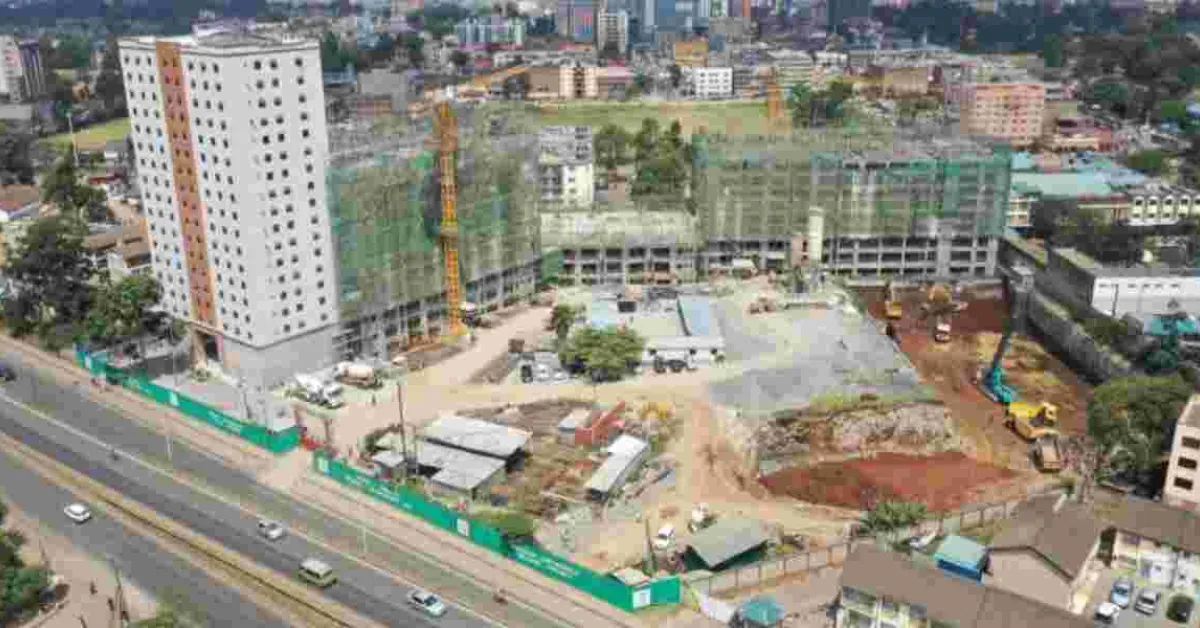
Investing in Kenyan real estate presents a lucrative opportunity characterized by robust returns and portfolio diversification potential.
To navigate this market successfully, investors must consider several key factors. Foremost among these considerations is the establishment of clear investment objectives. Whether aiming for long-term wealth accumulation through capital appreciation or seeking consistent rental income, one's goals significantly influence property selection and investment timing. High-demand areas like Nairobi's Kilimani or Westlands are prime locations for rental income, while developing regions such as Athi River or Juja offer potential for substantial long-term capital growth due to ongoing infrastructure projects. For those unable to purchase property outright, Real Estate Investment Trusts (REITs) offer an accessible entry point into the market.
With investments starting from as little as Sh 5,000, REITs provide exposure to a diverse portfolio of commercial properties, including office buildings, shopping malls, and rental estates. This investment vehicle offers advantages such as affordability, liquidity, and risk diversification. The Stanlib Fahari I-REIT exemplifies this option in the Kenyan market, attracting individual investors seeking shared returns from varied properties. Location and timing are critical factors in real estate investment success. Established areas like Upper Hill or Westlands command higher prices but ensure consistent demand, while emerging areas such as Konza City or Ngong present opportunities for significant appreciation as infrastructure develops.
Astute investors recognize that regions often experience sharp price increases following the completion of essential infrastructure. With increasing urbanization, affordable housing in areas like Athi River and Kitengela is experiencing heightened demand, reflected in the surge of housing projects in these locations. Financial planning extends beyond the initial purchase price in real estate investment since investors must account for additional costs such as stamp duty, legal fees, property taxes, and ongoing maintenance expenses. For rental properties, budgeting for upkeep is crucial to protect the investment and ensure positive cash flow. Familiarity with financing options, including various mortgage products offered by Kenyan banks and government-backed schemes under the Affordable Housing Programme, is essential for comprehensive financial preparation.
A clear long-term strategy and exit plan is fundamental to successful real estate investment. Investors must consider their desired outcomes, whether focused on rental income, property resale for profit, or land banking in developing areas. Popular investment areas for resale include Karen, Runda, and Upper Hill, known for consistently strong appreciation rates. Proper property maintenance and strategic renovations can significantly influence resale value. Additionally, regions experiencing population growth and tourism-driven demand, such as Mombasa and Nakuru, are expected to see increasing rental yields.
By comprehensively understanding these crucial aspects of real estate investment in Kenya, investors can make informed decisions aligned with their financial objectives thus paving the way for more successful real estate ventures.


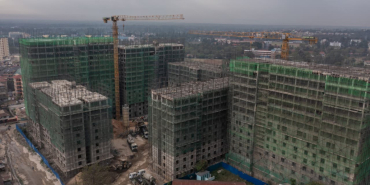

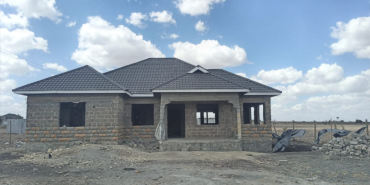
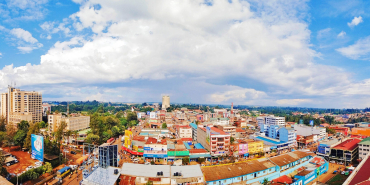
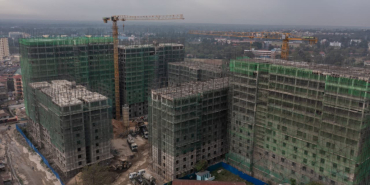
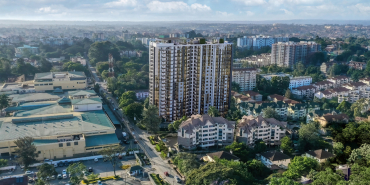






Add new comment